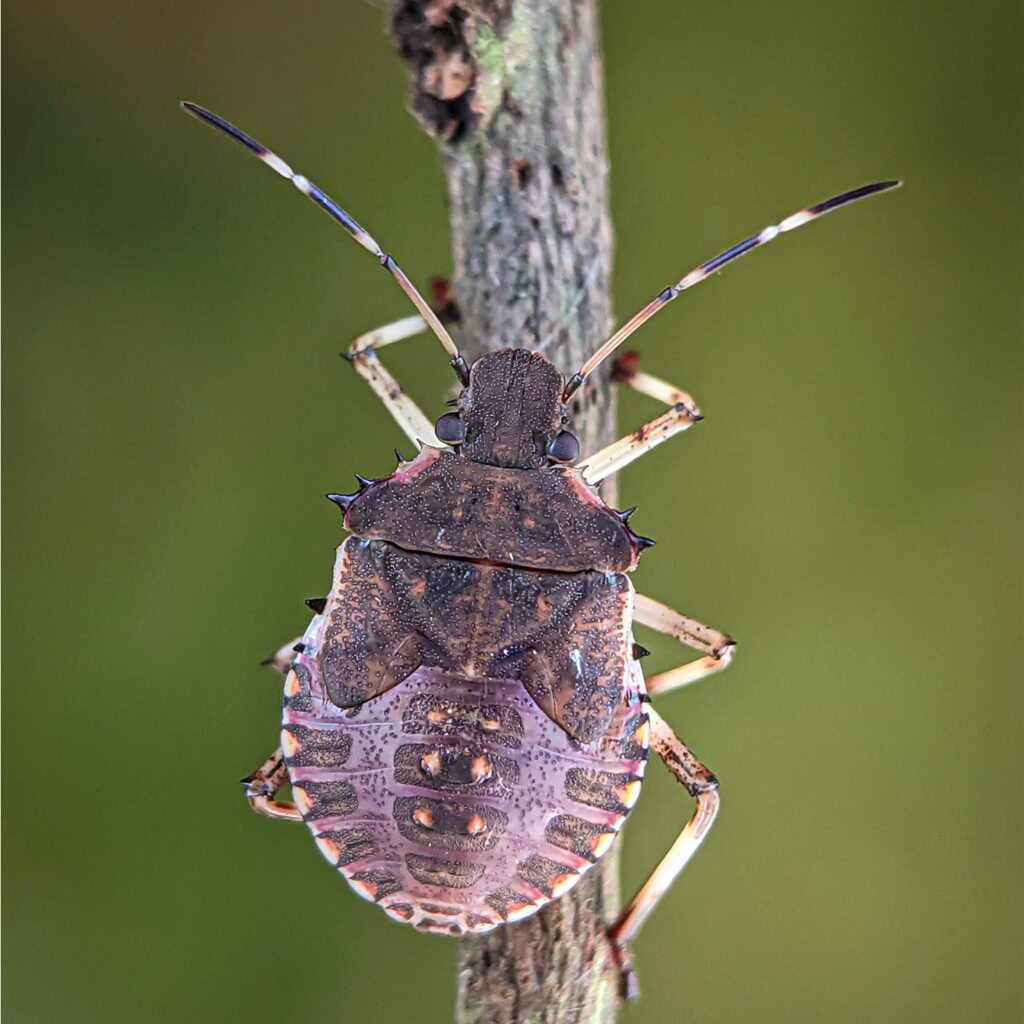Start moving in the
right direction.
Speak to us today to see how we can improve your business logistics, freight and customs related issues.

The Brown Marmorated Stink Bug (BMSB) is a pest that can wipe out entire crops of fruits and vegetables and has the potential to severely impact our agricultural industries. These pests can enter vehicles, homes and factories in large numbers during autumn months, looking for places to shelter over winter. Their secretions can be a skin allergen and their smell can cause allergic reactions in some people.
We urge our importers to be vigilant with import regulations and the new BMSB seasonal measures to be applied by the Department of Agriculture, Fisheries and Forestry (DAFF).
It is important to note that it is the shipper/consignee’s responsibility to ensure their cargo meets the BMSB requirements and that all goods presented for shipping are compliant.
Australia 2023 – 2024 BMSB Season Measures
The BMSB seasonal measures will apply to targeted goods manufactured in or shipped from target risk countries, that have been shipped between 1 September 2023 and 30 April 2024 (inclusive), and to vessels that berth, load, or tranship from target risk countries within the same period.
Note: The shipped on board date, as indicated on the Ocean Bill of Lading, is the date used to determine when goods have been shipped. “Gate in” dates and times will not be accepted to determine when goods are shipped.
Target Risk Countries
Please note the list of countries that have been categorised as target risk countries.
In addition, the following countries have been identified as emerging risk countries for the BMSB risk season and may be selected for a random onshore inspection between selected dates.
Targeted Goods
Please note the list of goods that have been categorised as targeted goods.
Treatment of target high risk goods
Break bulk goods
Containerised Goods (FCL, FCX)
Containerised Goods (LCL, FAK)
Packing Requirements
Treatment Types
Non-compliance
Non-compliance with the packing or treatment regulations is likely to cause severe delays and potentially inaccurate treatment, resulting in the exportation of your shipment once arriving in Australia or transhipment for fumigation. All costs will be with the customer.
Resources
If you are concerned about whether the goods you are importing will be affected by the Stink Bug measures, please consult the following for more detailed information:
The expert team at Clarke Global Logistics are always up to date with these changing requirements. We are available to discuss your specific risks and the next steps to ensure seamless importing. Call today on +61 3 9854 3000 or email enquiry@clarkeglobal.com.au
Photo by Macro Photography


Established in 1917, Clarke Global Logistics is a reputable Australian Customs Broker and Freight Forwarder; offering a totally integrated trade service both locally and globally.

Speak to us today to see how we can improve your business logistics, freight and customs related issues.